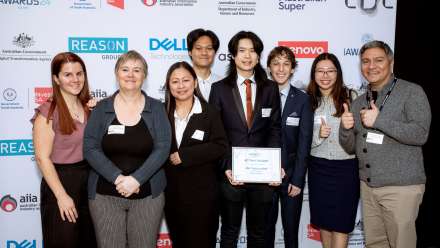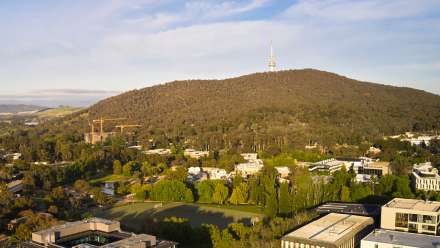The art of unlecturing
Written by Simon Mulvaney, third year B(Interdisciplinary Studies)
PhDs in Doctor Who and Jurassic Park forensics are more fact than fiction in the Science and Popular Fiction course. The second year subject is all about getting into research without stepping too far away from the TV, or Vimeo or Youtube – whatever’s your poison.
I spoke to past undergraduate student Kira Simmons about the course. During her time studying Science and Popular Fiction, Kira was part of a group of undergraduate students to carry out a research project that is now in peer review –which means it’s got a good chance of being published.
“We had to get ethics approval, run ten focus group studies in accordance with a strict protocol, collate and analyse the data and write a cohesive paper.” Kira explains. “This process taught us perseverance, discipline and cooperation as well as the technical skills needed for each step.” Beyond these professional skills, Kira says the course taught her “to be more critical with what I see in advertisements, read in articles on the web and what people tell me about”.
Dr Lindy Orthia (who did her PhD on the science in Doctor Who) created the course around the idea of unlecturing. Unlecturing? The class is split into different reading groups and in class, you’re expected to discuss your opinions and findings from what you’ve read and researched for the week.
Kira explains that one week students were divided into their own disciplinary backgrounds and were asked to pick a movie or TV show episode, and then teach the class something from that discipline. “There were some really interesting responses, such as the biology group using Jurassic Park to teach about DNA, lab techniques and cloning.”
Kira’s advice for other undergrads? “For all of you who are thinking about enrolling in the course, DO IT; it will be amazing.”
Science in Popular Fiction (SCOM2003) is offered every second semester.
Photo credit: Kira Simmons.


